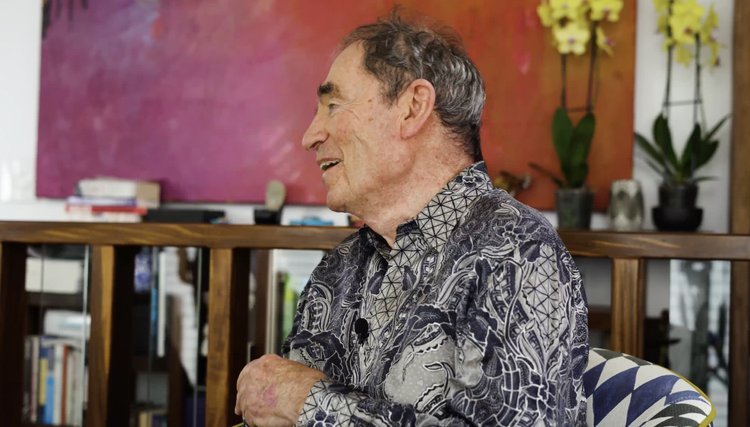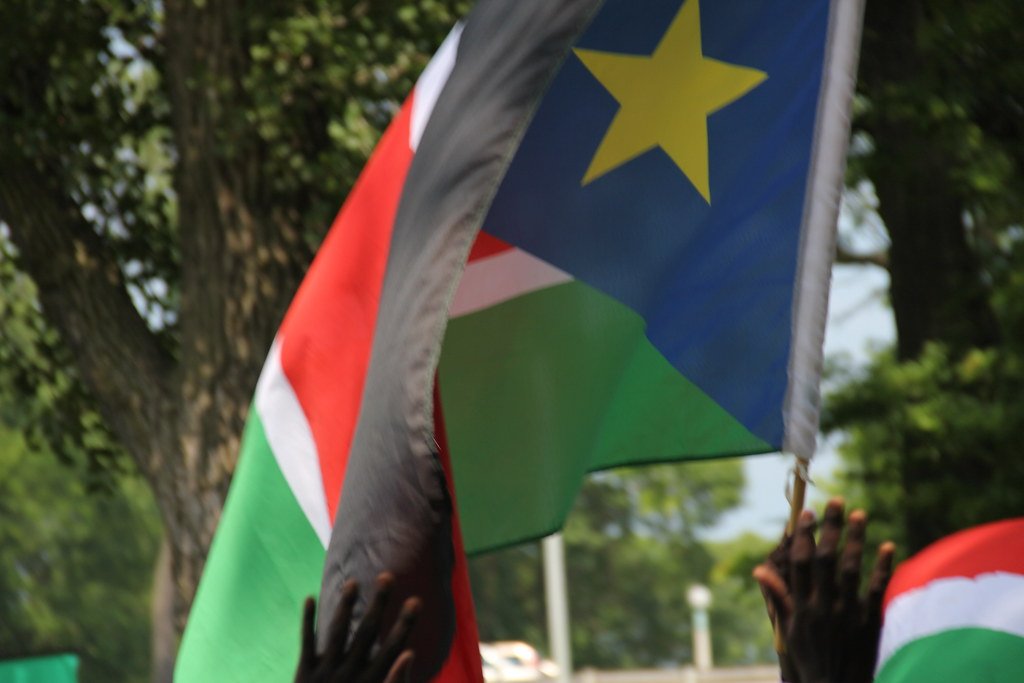
Our Blog
Categories
- Africa
- African Union
- Central Africa
- Citizenship laws
- Competion Law
- Constitutional Court
- Constitutional Law
- Disability rights
- East Africa
- Environmental Law
- Human Rights
- Immigration Laws
- International Law
- Kenya
- Mining Law
- Nigeria
- North Africa
- Political Rights
- Public Law
- Right to Vote
- SADC Region
- South Africa
- Southern Africa
- Uganda
- West Africa
The Analytical Reasoning Defects in Thubakgale v Ekhuruleni Metropolitan Municipality
In this week’s post, the author examines the Constitutional Court’s decision in Thubakgale v Ekhurhuleni Metropolitan Municipality and highlights five analytical reasoning defects in the judgment.
Elections as an Accountability Mechanism during Times of Emergency
With the upcoming 2024 South African elections on the horizon, this week's post delves into the critical role of elections in holding the executive accountable. Shadi Maganoe examines the stance of South African courts regarding the challenges that emerged within the electoral system during the COVID-19 pandemic.
Righting Wrongs: Ghana’s Supreme Court Declares a COVID19-Induced Law Unconstitutional
Earlier this year, Ghana's Supreme Court declared the Imposition of Restrictions Act (IRA) 2020 unconstitutional, merely three years after its enactment. This post takes a closer look at the IRA's prior controversies and highlights the key aspects of the Court's decision that substantiated earlier concerns, ultimately leading to the Act’s repeal.
From Symbolic Constitutionalism to Real Constitutionalism: Taming Imperial Presidency in Kenya’s CAS Judgment
In a recent judgment, the High Court of Kenya ruled that the President had exceeded his authority by not following the required procedures when he appointed 50 Chief Administrative Secretaries (CAS). Joshua Nyawa delves into the implications of this ruling and argues for a shift from symbolic constitutionalism to real constitutionalism in Kenya.
Book Feature: Constitutionalism and the Economy in Africa, (Charles M Fombad and Nico Steytler eds.) (OUP, 2022)
In “Constitutionalism and the Economy in Africa”, the relationship between constitutionalism and economic growth in Africa is examined with reference to how constitutional reforms in the 1990s and beyond have reflected the shift towards a market economy. Through these inquiries, the book aims to deepen our understanding of how constitutional frameworks interact with economic growth in Africa. ALM caught up with editors, Prof Charles Fombad and Prof Nico Steytler to ask them more about this book.
“It’s cool to be a 21st-century artisan”
For a number of years it has been observed that South Africa needs more people to study at vocational schools, including Technical and Vocational Education and Training (TVET) colleges. There has also been a steady increase in the number of learners qualifying for university admission, yet universities are unable to house them all. Thandeka Nokwanda Khoza argues that there is a need to close the gap in the market by destigmatising vocational training so that more learners apply to and attend TVET colleges.
Nigeria: A Problematic Presidential Inauguration (Part II)
In the second of a two-part series focused on the contested presidential election in Nigeria, Ugochukwu Ezeh argues that the timeous judicial determination of electoral disputes is crucial to ensuring that leaders possess credible and legitimate democratic mandates.
Nigeria: A Problematic Presidential Inauguration (Part I)
In the first of a two-part series of blog posts focused on the contested presidential election in Nigeria, Ugochukwu Ezeh considers the existing electoral dispute resolution system and argues that it leaves much to be desired.
Competition Commission of South Africa v Mediclinic: A Trinity of Errors
In this article Adv. Quentin du Plessis analyzes how the South African Constitutional Court handled the Competition Commission of South Africa v Mediclinic case. The matter was an application for leave to appeal against the judgment and order of the Competition Appeal Court (CAC). In that regard, the Constitutional Court had to answer whether the CAC was in law, correct in interfering as it did with the findings of and remedy given by the Competition Tribunal to prohibit a merger in the private healthcare services sector.
Constitutional Conversations with Justice Sachs - Episode 2
Following his retirement from the Constitutional Court, Justice Sachs penned an award-winning book detailing his experiences on the Bench. In Episode 2 of our interview, he explains the inspiration behind this thought-provoking read and what he hopes readers will take from it.
Questions of Inclusivity in South Sudan’s 2024 Elections: Gender and Ethnic Dilemmas
In 2024, South Sudan will hold elections for the very first time since attaining independence in 2011. Dr. Joseph Geng Akech and Cedonia Victor Legge discuss the challenges of inclusivity in the upcoming elections, amidst various crises such as economic collapse, political instability, and a catastrophic humanitarian situation. The article emphasises the importance of ensuring ethnic and gender inclusivity for legitimate outcomes of the elections.
A SLAPP in the Face to the Abuse of Court Processes
A “SLAPP” suit is strategic litigation against public participation and has its origin in the United States of America and Canada. Courtney Jones discusses the application of the SLAPP defence in South African law following the Constitutional Court’s judgment in Mineral Sands Resources (Pty) Ltd v Reddell.
Using public participation to fix the “agency problem” in governments
The agency problem arises when people in positions of authority fail to act in the best interests of the people they represent. To address this issue, it is necessary to ensure that decisions are not solely made by those in power. Ben Nyabira argues that solutions to this problem lie in public participation.
Exploring the Intersection of State Sponsored Violence in Swaziland and the Possible Rise of the Islamic State
Over the past two years, the state of Swaziland has been plagued with various human rights violations, including state sponsored violence against the citizenry. In response, civilians have retaliated against members of the police force and the army. Against this background, Angelo Dube argues that the environment in Swaziland may be ripe for the Islamic State’s picking.
Rafoneke v Minister of Justice: What about Intersectionality?
In Rafoneke v Minister of Justice and Correctional Services (Rafoneke), the SA Constitutional Court had to consider whether section 24 (2)(b) read with section 115 of the Legal Practice Act 28 of 2014 (LPA) unfairly discriminated against foreign nationals on the basis of citizenship and social origin. Geoffrey Allsop and Ohene Yaw Ampofo-Anti argue that the court did not apply the principle of intersectionality correctly in its finding that these provisions are constitutional.
- BBI judgment
- Children's rights
- Climate Change
- Constitutional Law
- Constitutional reform
- Covid-19
- Democracy
- Election series
- Elections
- Environmental Justice
- Equality
- Human Rights
- International Law
- Judicial independence
- Kenya
- LGBTQ+ Rights
- Migration
- Namibia
- Nigeria
- Political Rights
- Public participation
- Refugee and migration series
- Refugees
- South Africa
- South African Constitution
- Voting Rights
- Women in Africa
- Women's Month
- Women's rights
- World Congress
Submissions
We welcome unsolicited submissions covering current legal developments in constitutional law, fundamental rights law, public law, international law and related fields.
















